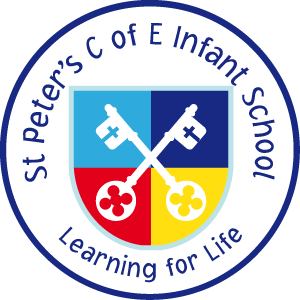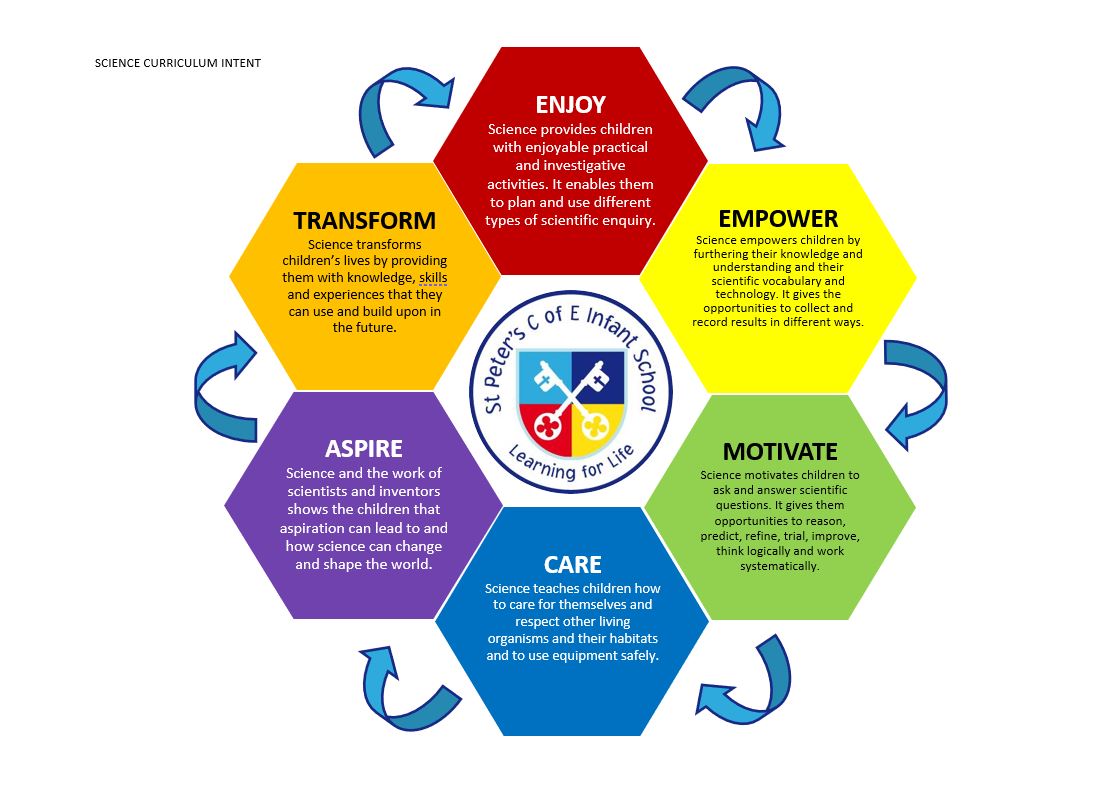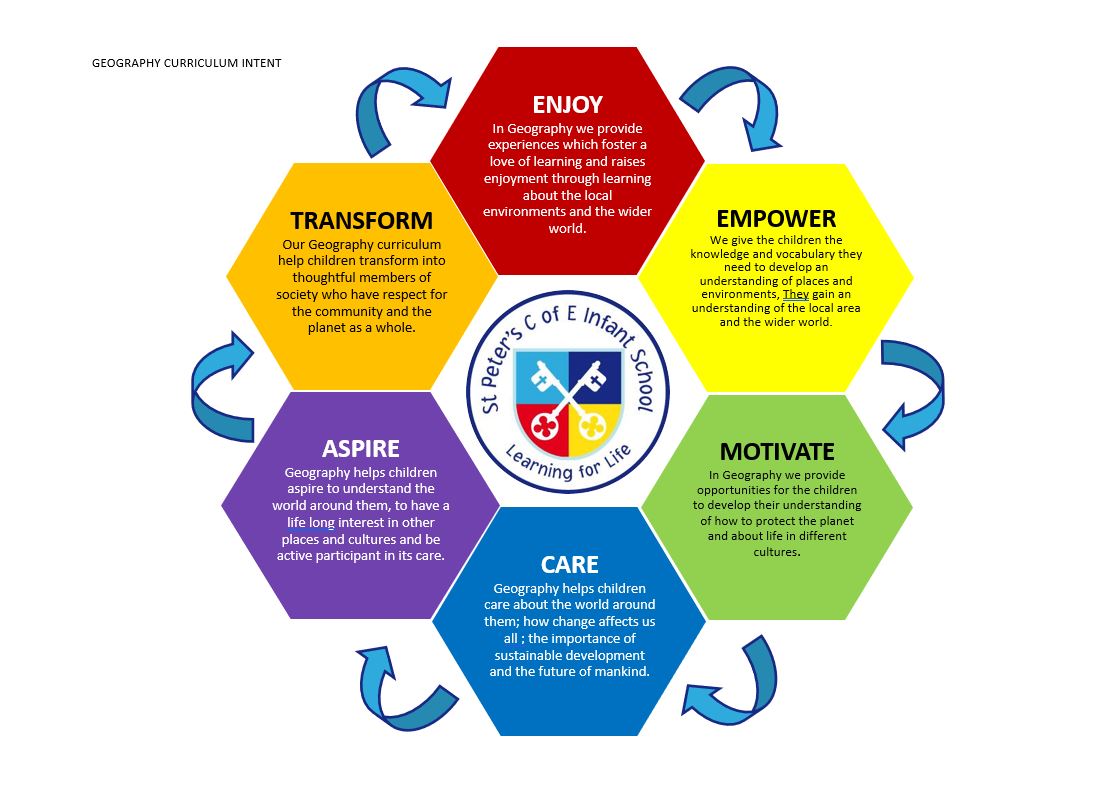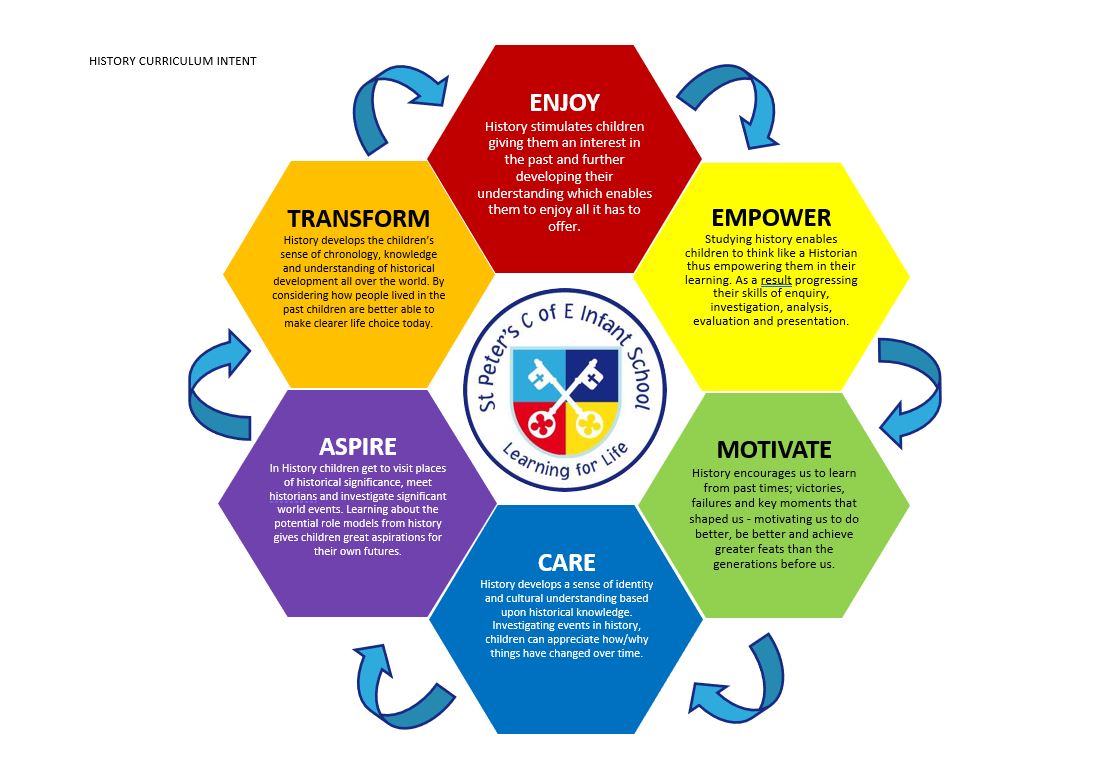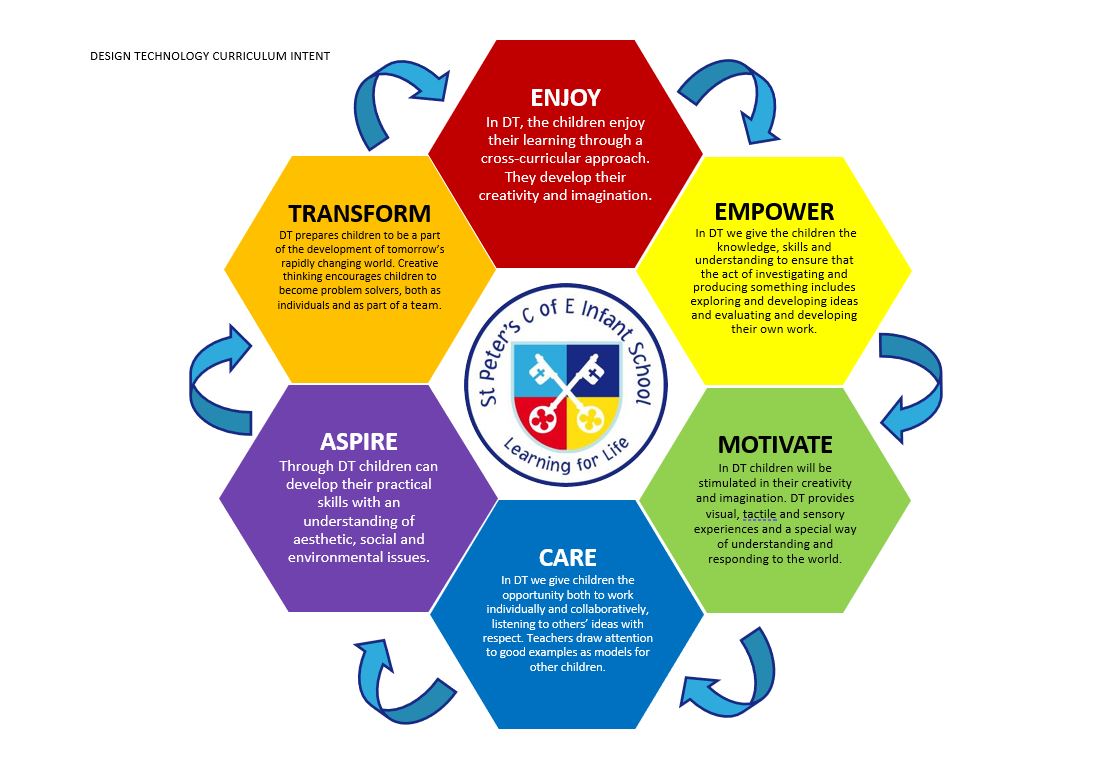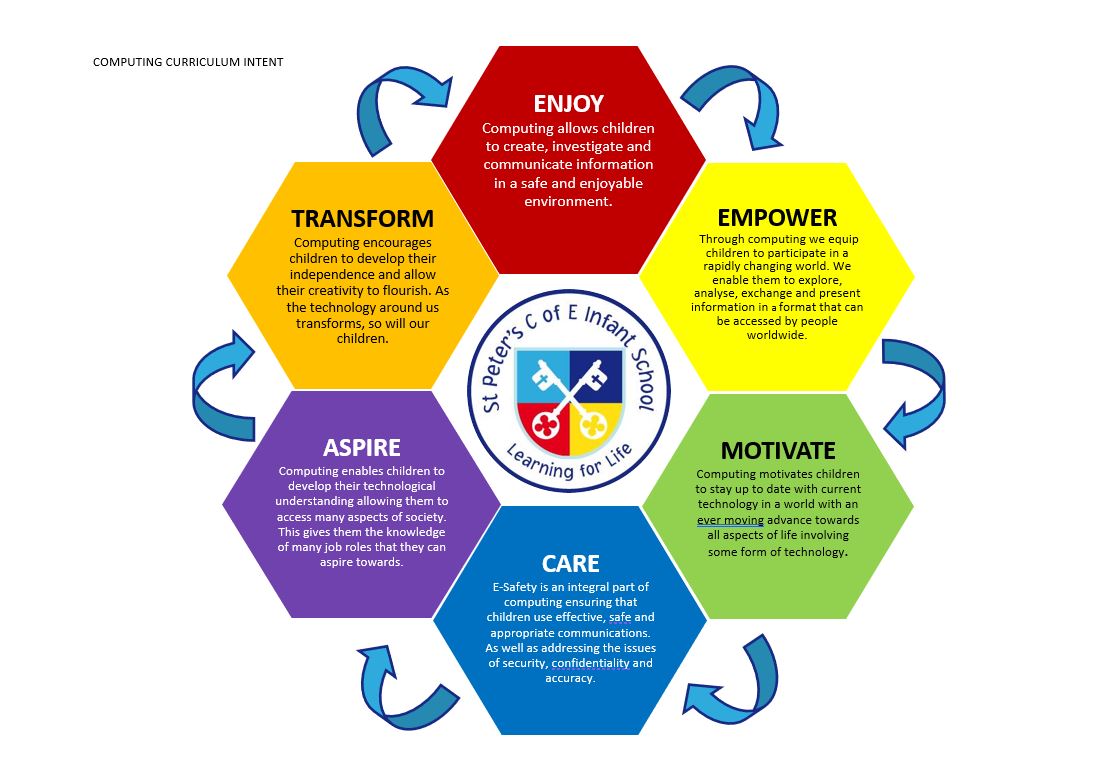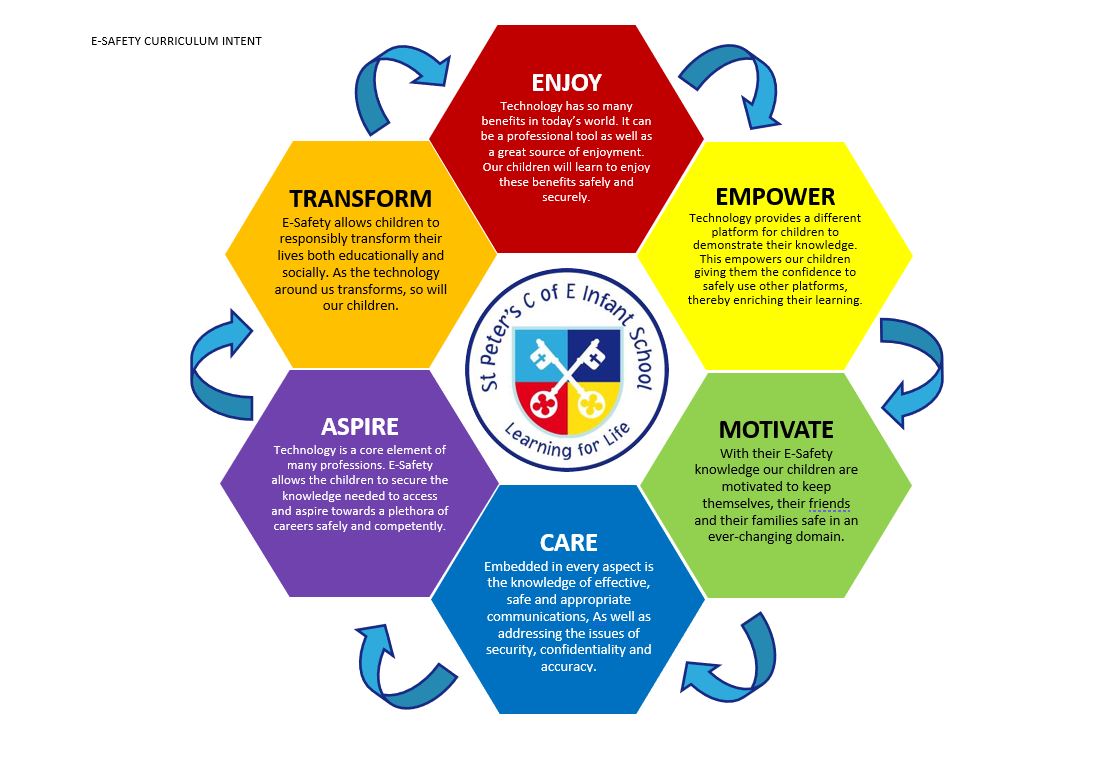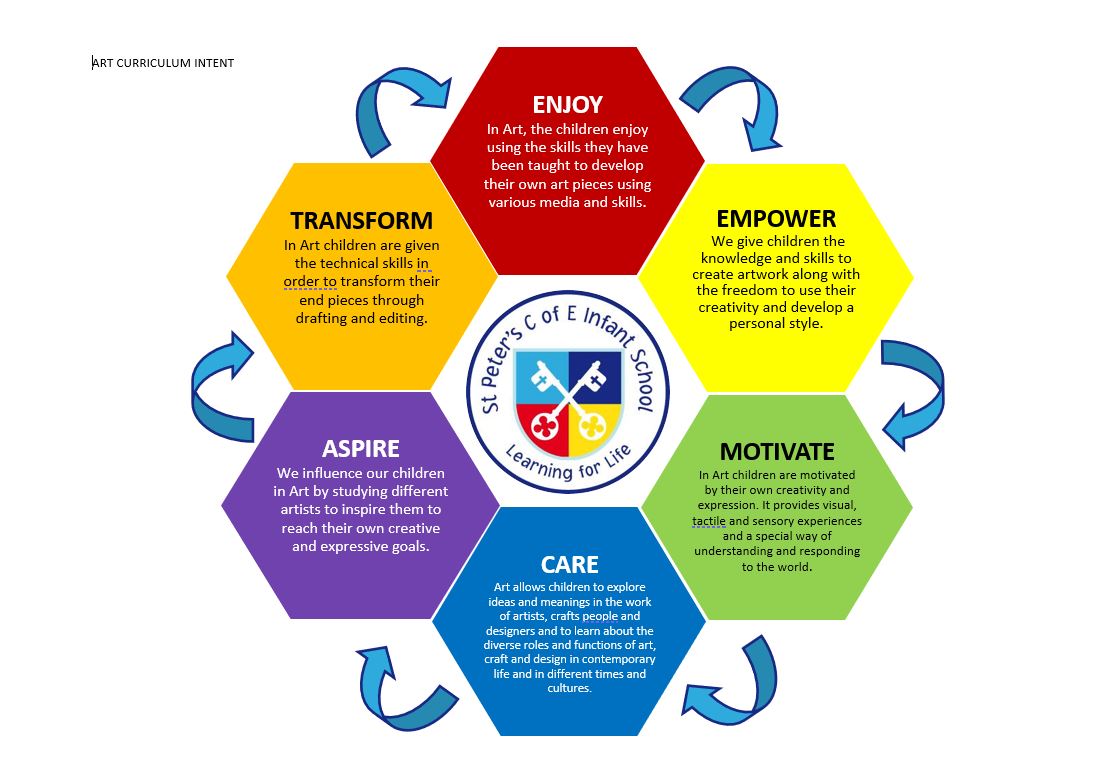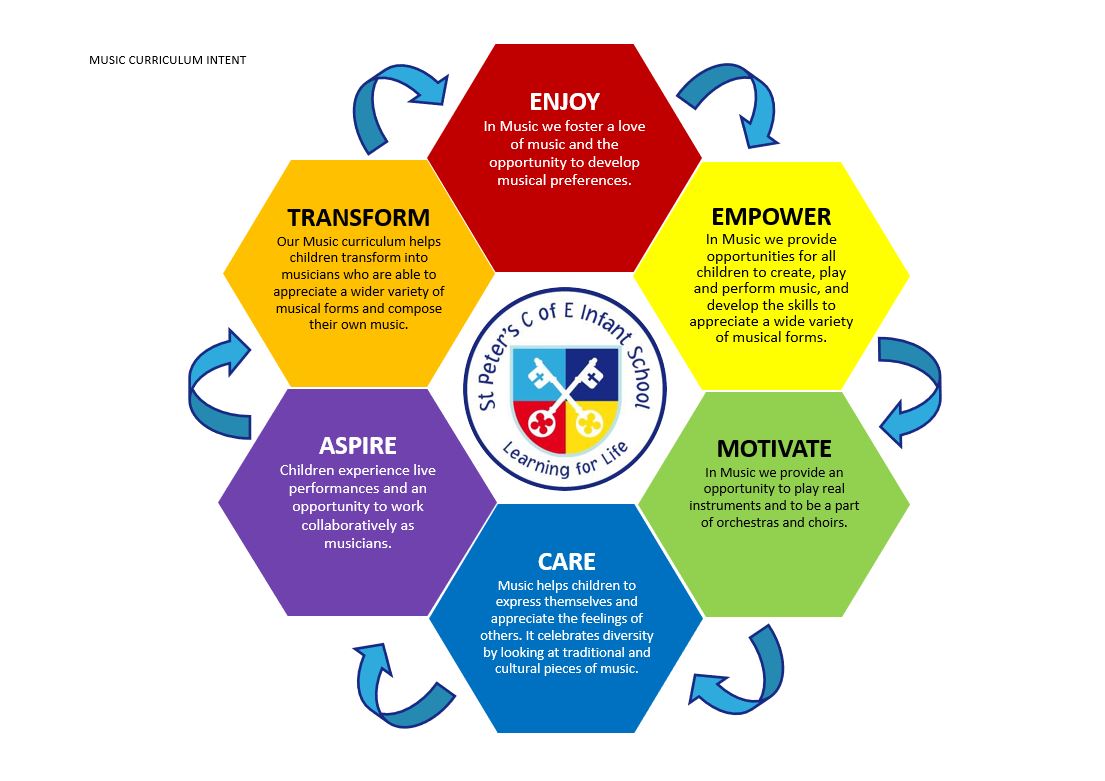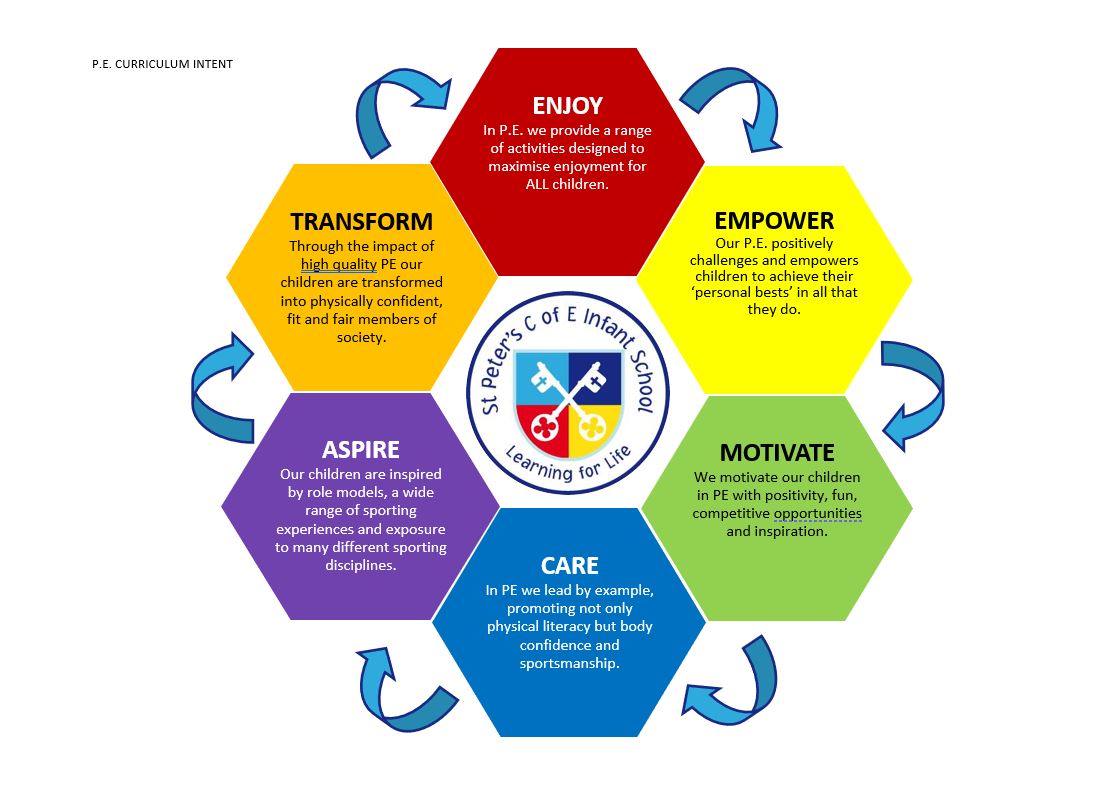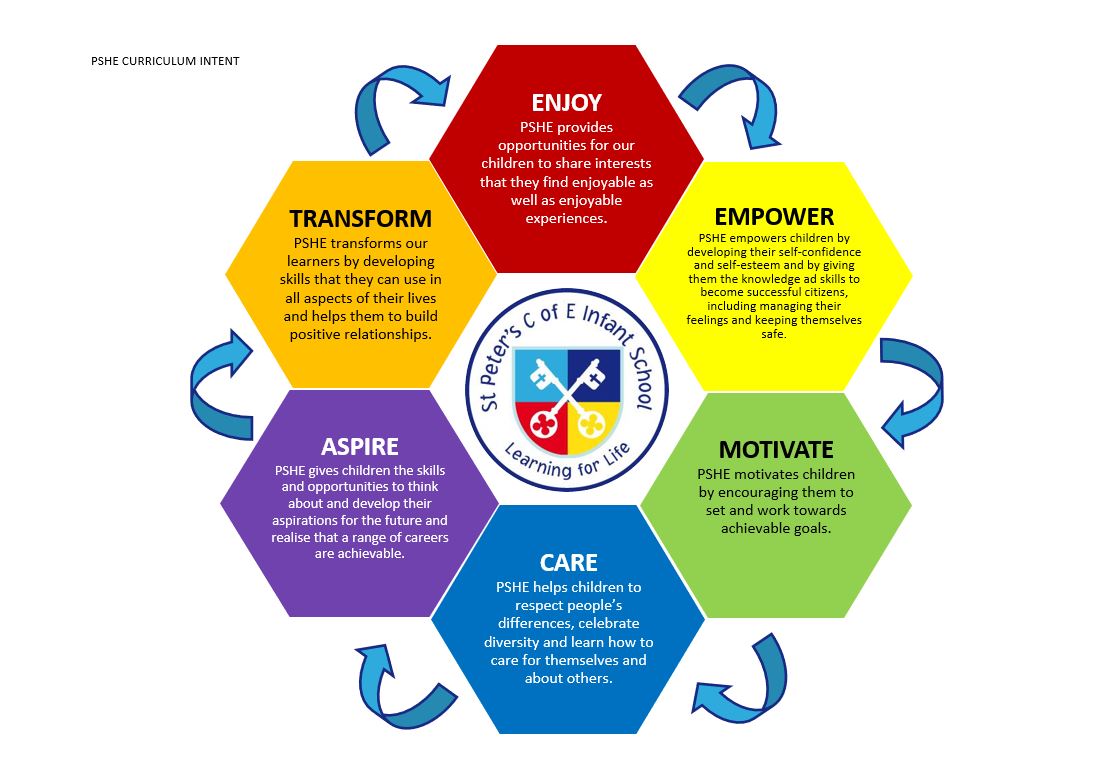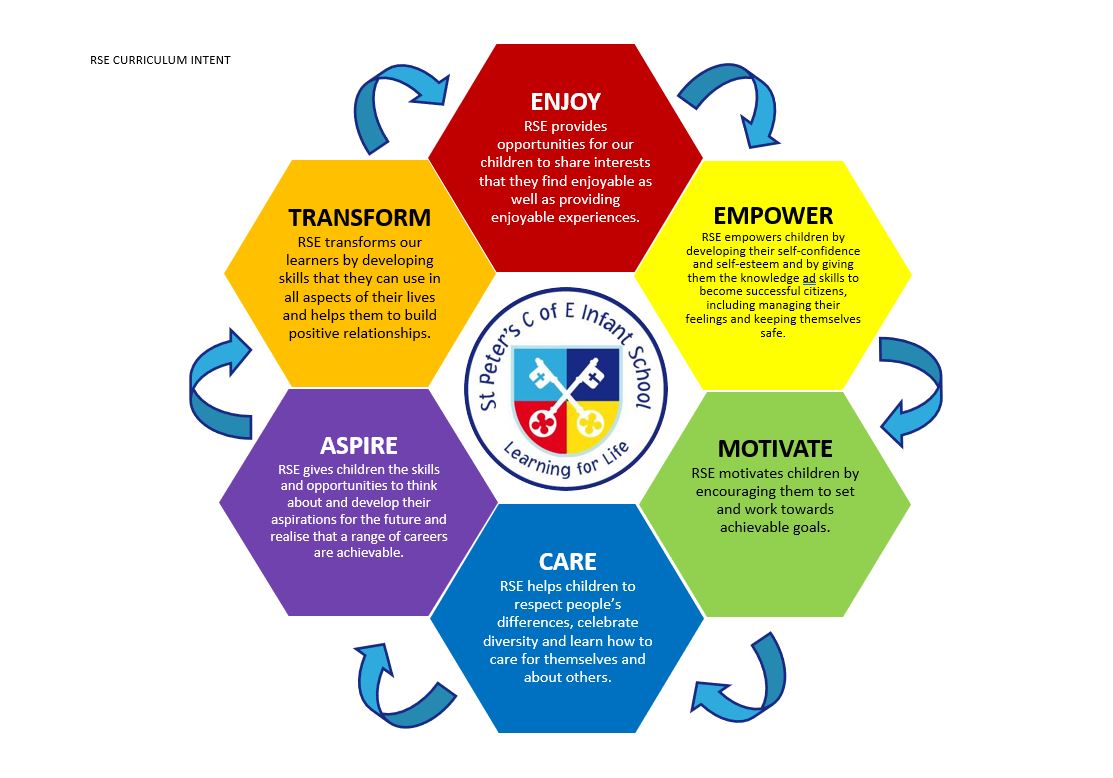In Science the emphasis is on developing curiosity and practical investigation skills. Children acquire knowledge and understanding of nature, processes and methods of science. Programmes of study include plants, animals (including humans), materials and seasonal changes. The units are mapped to ensure progression and continuity through the school. These equip children with the scientific knowledge required to understand the uses and implications of science in our ever-changing world now and in the future. resources such as maps and photographs.
During Key Stage One pupils investigate their local area and a significant contrasting area in the United Kingdom, Ireland or abroad, finding out about the environment in both areas and the people who live there, building contextual knowledge about the world in which they live. The children learn to name and locate the seven continents and five oceans in the world. They further investigate the four countries of the United Kingdom identifying cities, landmarks, populations and other geographical facts. Through geographical enquiry and field work in the local area of Oxted, they ask questions about people, places and environments and use geographical skills, language and resources such as maps and photographs.
In History children learn about people’s lives and lifestyles. They find out about significant men, women and children and events from the recent and more distant past; including those from both the United Kingdom and the wider world. They use historical sources, (both primary and secondary), and language to help them ask and answer questions. They learn how the past is different from the present or may have influenced the future. Some of the most popular topics include Rosa Parks’, ‘Amy Johnson’, ‘Florence Nightingale’ and ‘Christopher Columbus’.
In Key Stage One pupils learn how to think imaginatively and talk about what they like and dislike when designing and making. They explore how familiar things work, as well as talk about, draw and model their ideas. They learn how to design and make safely. Using creativity and imagination they will be able to design and make products that solve real and relevant problems within a variety of contexts.
Each classroom has an Interactive Smart Whiteboard. These are connected to computers and enable teachers to access a wide range of computer software and internet resources to use in their lessons. The lessons can be made more exciting and stimulating and there are advantages for children of all abilities. ICT is integrated to support all areas of the curriculum. The computing programme of study for pupils within Key Stage One includes the understanding of algorithms and how they are implemented as programs on digital devices. The children use ‘Beebots’ and other devices to create and debug simple programs. The school is very well resourced with desktop, Chromebook and laptop computers as well as iPads so that the children have lots of opportunities to develop and practise their skills in a safe and respectful environment.
Alongside this the children are taught the importance of safe internet use and what to do if they have concerns about anything they see online.
During Key Stage One pupils develop and explore ideas. They use different tools, techniques and materials, to represent their feelings, ideas and observations. They learn to evaluate and develop their work and are taught about the role of art, craft and design in the environment. Children enjoy learning about the work of famous artists and sculptors such as Augusta Savage, Quentin Blake, Andy Warhol and Jackson Pollock.
Pupils listen carefully and respond physically to a wide range of music. They play musical instruments and sing a variety of songs from memory, adding accompaniments and creating short compositions. They explore how sounds can create different moods and effects. They will perform, listen to, review and evaluate music across a range of historical periods, genres, styles and traditions. Work in dance, drama, music and movement may also be developed into musical plays and performances in which all the children are involved.
Physical Education is essential for active minds and healthy bodies. The children have at least two lessons of PE a week and we have a fantastic range of equipment. They are taught gymnastic activities, athletics, skills for simple competitive games, dance and movement. They learn to develop co-ordination skills and to evaluate and improve their performance. We have our own field behind the school and the children play games such as football, rounders, golf, cricket, tennis and badminton at lunch playtime and in our after school clubs.
Like all schools, we benefit from School Sports Funding. We are using this to fund for example highly qualified sports coaches to introduce the children to new sports. Further details can be found on the school website.
Pupils learn about themselves as developing individuals and as members of their communities. They learn the basic rules for keeping themselves healthy and safe and for behaving well. They learn to take responsibility for themselves and the environment. They become aware of their own and other people’s feelings as well as the views, needs and rights of other children and adults. Much of our work in PSHE is related to the SEAL programme – Social and Emotional Aspects of Learning.
The school follows the statutory guidance given by government. The focus of this subject area is teaching the fundamental building blocks and characteristics of positive relationships, with particular reference to friendships, family relationships and relationships with other children and adults. This starts with pupils being taught about what relationship is, what friendship is, what family means and who the people are who can support them, From the beginning of primary school, building on early education pupils should be taught how to take turns, how to treat each other with kindness, consideration and respect, the importance of honesty and truthfulness, permission seeking and giving, and the concept of personal privacy.
Science, Technology, Engineering. Arts and Maths (STEAM)
STEAM is an integrated learning approach that involves science, technology, engineering, the arts and maths. STEAM adds the ‘why’ to the ‘how’ and ‘what’. It allows our children to think deeper about problems, to take the skills and processes from science, technology, engineering, the arts and maths and solve problems that aren’t obvious. We have specific STEAM days and events planned into our curriculum throughout the year as well as ensuring that subjects are mapped to interlink these subject areas.
